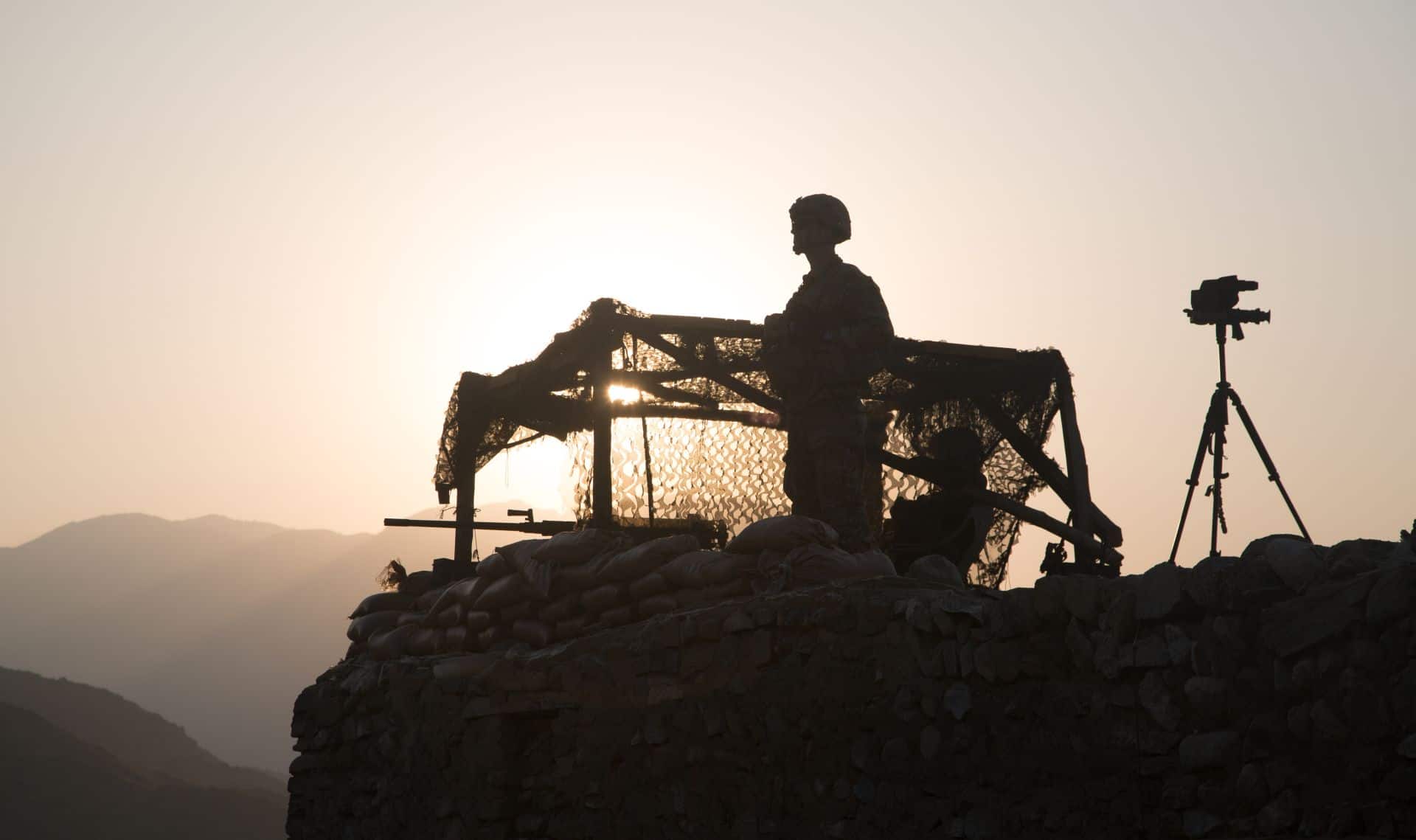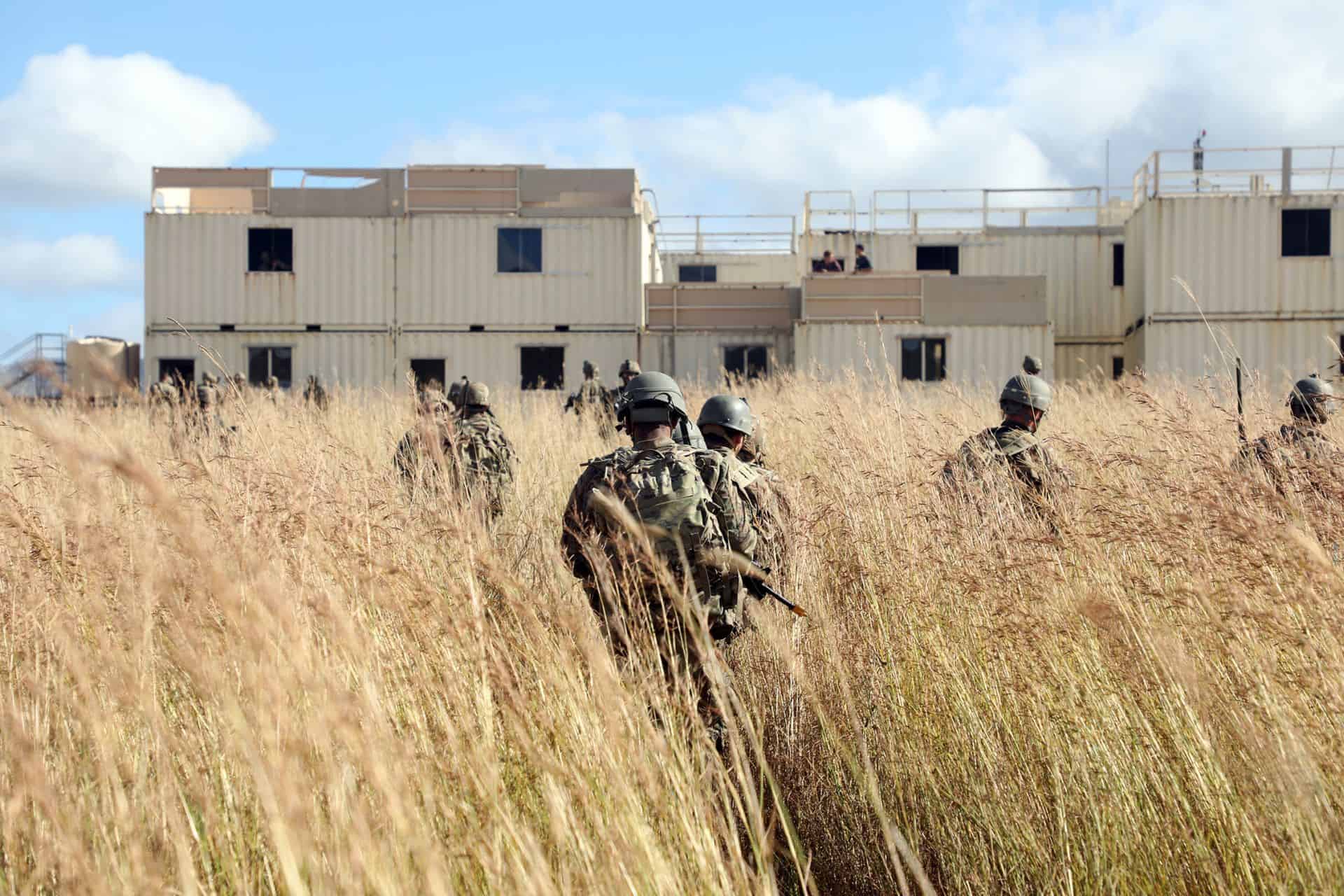The Defense Department provided to the Congress its semiannual report titled “Enhancing Security and Stability in Afghanistan” on Tuesday.
Covering events from Dec. 1 to May 31, the report was submitted in accordance with requirements in Section 1225 of the Fiscal 2015 National Defense Authorization Act as amended by Sections 1231 and 1531 of the fiscal 2016 and fiscal 2017 NDAAs.
“Our purpose in Afghanistan remains to prevent Afghanistan from again becoming a safe-haven from which terrorist groups can plan and execute attacks on the United States, or our allies and citizens abroad,” officials said in a statement announcing the report’s submission. “To accomplish this, we continue to support Afghanistan and train, advise and assist its military and police forces.”
This reporting period marks the first campaign season to begin under the conditions-based South Asia Strategy announced by President Donald J. Trump in August. In February, U.S. Central Command designated Afghanistan as its main-effort mission and allocated additional combat enablers such as intelligence, surveillance, and reconnaissance assets; attack aviation; fire support; and medical evacuation assets to support Afghan national defense and security forces and coalition forces, officials said.
OPTIMISM FOR POLITICAL SETTLEMENT
“The assets and authorities to implement the South Asia Strategy in Afghanistan are now in place and continue to generate optimism within the Afghan government and [the Afghan defense and security forces] that a political settlement with the Taliban is possible,” the Pentagon statement said.
“The key to success remains sustained military pressure against the Taliban in order to eliminate the idea that they can achieve their objectives through violent conflict,” the statement continued. “The targeted investment of U.S. assets and personnel have increased the lethality of the [Afghan forces] this fighting season.”
At the second Kabul Peace Conference in February, Afghan President Ashraf Ghani offered peace negotiations without preconditions to the Taliban, an unprecedented initiative that opened the door for meaningful negotiations between the Afghan government and the Taliban.
During this reporting period, Afghan forces remained in control of all provincial capitals and quickly defeated the Taliban’s attempt to take control of the provincial capital of Farah in May, the Pentagon statement said. The mild winter allowed for sustained military pressure against insurgent and terrorist forces and built positive momentum heading into the 2018 fighting season.
Combined Afghan Special Security Force and conventional force operations demonstrate increasing Afghan tactical and operational ability on the battlefield, officials said.










